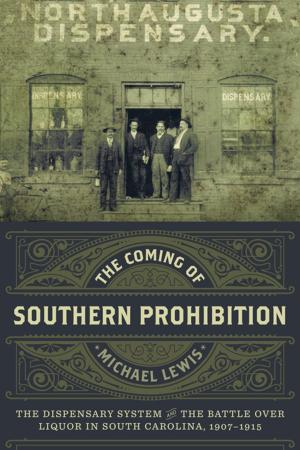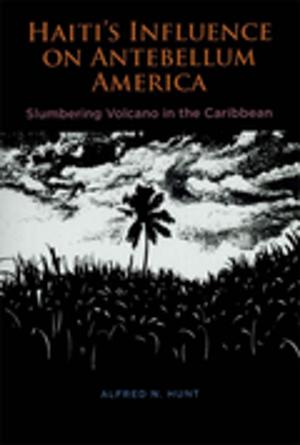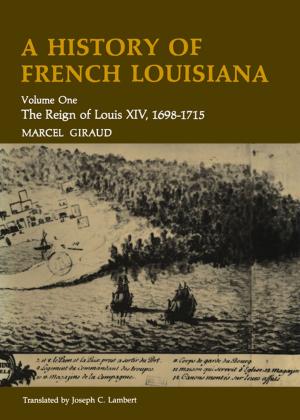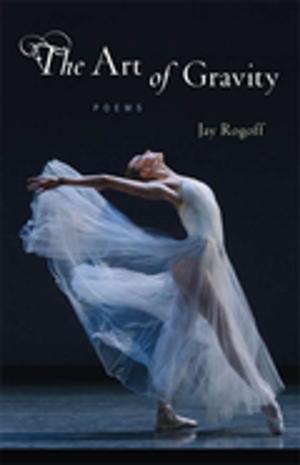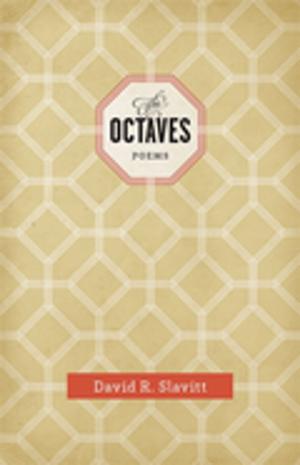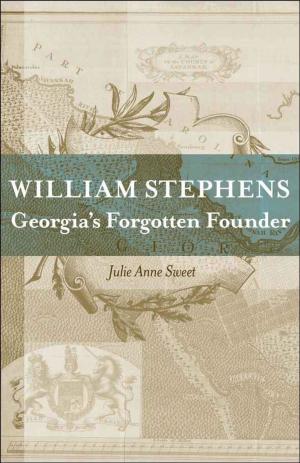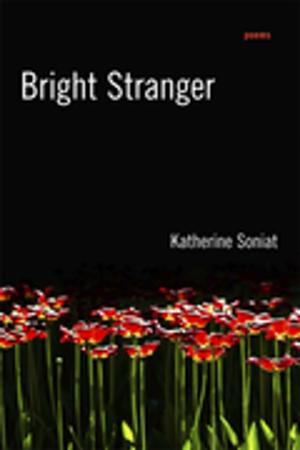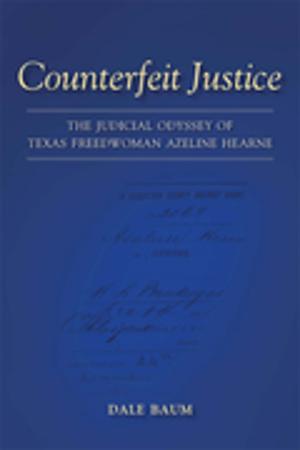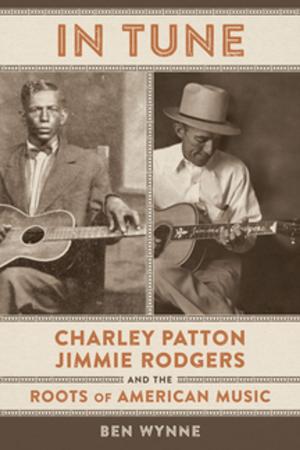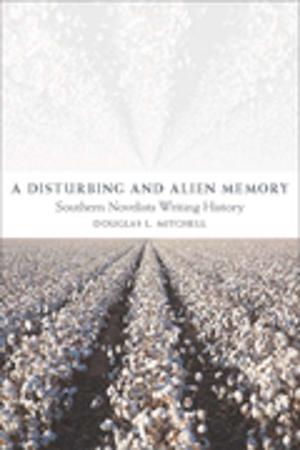| Author: | William Wenthe | ISBN: | 9780807144831 |
| Publisher: | LSU Press | Publication: | October 12, 2012 |
| Imprint: | LSU Press | Language: | English |
| Author: | William Wenthe |
| ISBN: | 9780807144831 |
| Publisher: | LSU Press |
| Publication: | October 12, 2012 |
| Imprint: | LSU Press |
| Language: | English |
William Wenthe's third collection begins in the domestic realm then moves outward in subject and place -- to a bird market in Paris, the Jaffa Gate in Old Jerusalem, the Chain Bridge in Budapest -- before returning to the familial. The poet recalls his own cherished experiences of fatherhood: rocking his infant daughter in the early morning, lying with her outside on a pink flannel sheet, and watching her joyous reaction to the sight of roses. While actively engaged in the artist's struggle to represent reality, Wenthe draws attention to the particular, to moments and events that seem to exist beyond thoughts and words. In "Uhte," Wenthe reflects on the Old English name for the hour before dawn: "that word / has haunted me -- wondering how that hour / had first called forth a need / to be distinguished by a sound."
In well-crafted free verse, traditional meter and rhyme, prose poems, and nonce forms, Wenthe meditates on family, language, art, history, and the natural world, striving to find words to capture the richness of life.
William Wenthe's third collection begins in the domestic realm then moves outward in subject and place -- to a bird market in Paris, the Jaffa Gate in Old Jerusalem, the Chain Bridge in Budapest -- before returning to the familial. The poet recalls his own cherished experiences of fatherhood: rocking his infant daughter in the early morning, lying with her outside on a pink flannel sheet, and watching her joyous reaction to the sight of roses. While actively engaged in the artist's struggle to represent reality, Wenthe draws attention to the particular, to moments and events that seem to exist beyond thoughts and words. In "Uhte," Wenthe reflects on the Old English name for the hour before dawn: "that word / has haunted me -- wondering how that hour / had first called forth a need / to be distinguished by a sound."
In well-crafted free verse, traditional meter and rhyme, prose poems, and nonce forms, Wenthe meditates on family, language, art, history, and the natural world, striving to find words to capture the richness of life.

